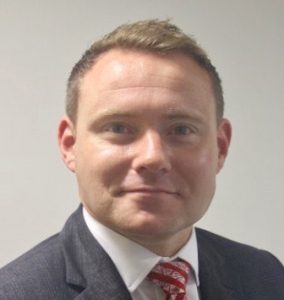Health chiefs in Brighton and Hove have been told to find savings totalling £8 million in the current financial year.
They aim to look at how much is spent on medicines, contracts and corporate costs as well as “improving continuing healthcare reviews”.
The £8 million savings must be found even though an extra £22.3 million has been allocated to the Brighton and Hove Clinical Commissioning Group (CCG) for 2019-20.
The extra cash equates to more than 5 per cent of the CCG’s annual budget of £425 million.
The CCG is responsible for planning and buying health and wellbeing services for people living in Brighton and Hove.
Almost half the annual budget is spent on acute services, mainly services provided in hospitals in Brighton or elsewhere in Sussex.
And almost a quarter of the budget is spent on a combination of mental health services and family doctors.
The figures were spelt out at the CCG’s annual general meeting (AGM) at Hove Town Hall on Wednesday (17 July).
CCG chief executive Adam Doyle said that the NHS in Brighton and Hove – and nationally – faced significant challenges and financial pressure.
Mr Doyle said: “Money is key. We have to hit our financial control targets. We have to live within our means.
“At a national level, funding is not keeping up with the demand on health services (although) the NHS is more protected than others areas of public services.
“We need to work more efficiently and spend money appropriately but we cannot spend money the CCG does not have.”
In the past financial year – to the end of March – the CCG recorded a £2.6 million surplus after making £14 million in savings.
This was achieved by cutting waste and working with neighbouring CCGs to improve efficiency.

Mr Doyle told the AGM that some of the challenges facing the CCG result from having a relatively young population in Brighton and Hove – much younger than the average for the rest of England – and a large number of visitors.
He said that the CCG had to be prepared for the “right care and health responses” for visitors, particularly at weekends.
Brighton and Hove also has to deal with a large proportion of the population who are old and living along, he said, as well as areas of deprivation where people have complex health issues.
There are increasing demands on the NHS locally, he said, as well as at a national level.
With about £192 million spent on hospital care last year, Mr Doyle said that the CCG had looked at why people go to A&E.
In response it had introduced a 24-hour mental health medical liaison service based at A&E to help people in distress.
He added that more doctors’ appointments were being made available especially at evenings and weeknds.
The CCG’s clinical chair Dr David Supple said: “We are making progress.
“There are successes, which are important, but we must not underplay the challenges ahead that we’re going to build on.”








I wish I had known this meeting was happening as I would have attended to DEMAND an explanation for WHY the CCG persists in batting away any responsibility for replying with substantive answers when consulted on planning applications.
The Planning Dept refuse to consult individual NHS practices as the CCG demands (by claiming they are privately owned practices) because the CCG is the statutory required consultee. Or so I was told in answer to my PQ on why practices are not consulted about capacity to take on the thousands major applications are generating!
This is a major infrastructure need for which nobody is taking responsibility about capacity to absorb rising population and WHERE.
How do the CCG know what sums to allocate if they have no figures about capacity and patient list numbers or where practices have folded?